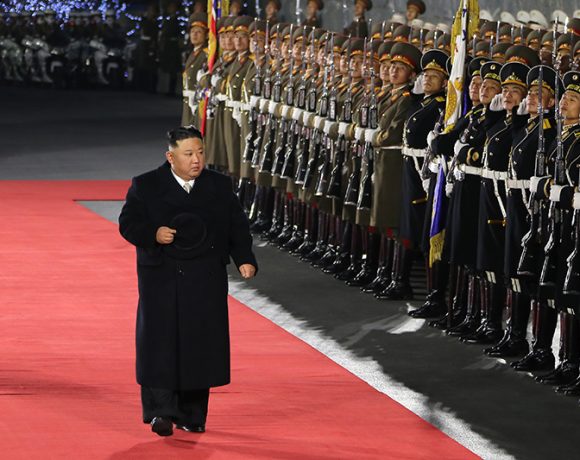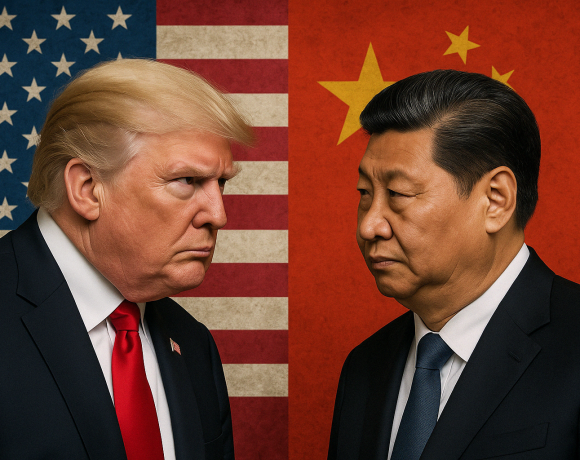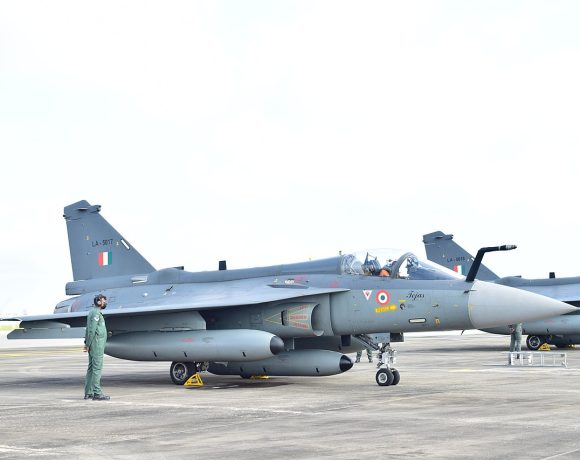
Pakistan Defence Minister: Threat from India Remains After Pahalgam Attack
Pakistan has entered a heightened state of alert following the Pahalgam massacre that left 26 civilians dead, including 25 Indian nationals and one Nepalese citizen. In a rare admission of vulnerability, Pakistan’s Defence Minister Khawaja Asif publicly acknowledged the serious threat of a possible Indian military retaliation. He stated that the threat “still exists” and warned that India “could attack anytime” in response to the brutal massacre.
The massacre, attributed by Indian security agencies to Pakistan-based terrorist groups, has led to a sharp escalation in already tense relations between the two nuclear-armed neighbours. India has taken a series of decisive retaliatory measures, including suspending the Indus Waters Treaty, halting all official visa processes for Pakistani citizens, and downgrading diplomatic ties. Trade routes have been suspended, and cross-border people-to-people engagements have been frozen.
Defence Minister Khawaja Asif’s comments reflect deep anxiety within Islamabad’s power corridors. He stressed that Pakistan must remain prepared for any scenario, indicating that the leadership is treating the current situation with utmost seriousness. The fear of an imminent military strike has triggered emergency-level discussions within Pakistan’s defence and intelligence establishments.
Despite Islamabad’s denial of any involvement in the Pahalgam assault, the attack has reignited calls within India for stringent action, including diplomatic isolation of Pakistan on the global stage. The pattern of proxy terrorism and the timing of the attack, according to Indian authorities, points towards deliberate planning by Pakistan-backed elements.
As both nations move troops and strengthen forward positions along the Line of Control (LoC), international observers have raised concerns over the possibility of an unintended escalation. Historically, Kashmir-related incidents have often acted as catalysts for wider conflicts between India and Pakistan.
Diplomatic channels remain largely frozen, and third-party appeals for dialogue have so far yielded little progress. The coming weeks will be critical in determining whether the situation stabilizes or spirals towards a confrontation that could have severe consequences for regional security.


















